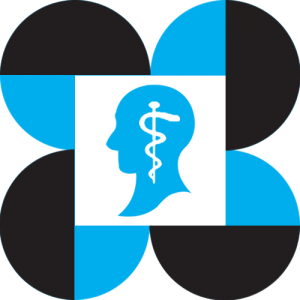-
 Dennis BatanganNovember 15, 2012 at 1:58 pm #1507
Dennis BatanganNovember 15, 2012 at 1:58 pm #1507“Health Technology Assessment (HTA) for Continuing Care for the Aging Population : Using Technology to Accelerate Policy Action for the Elderly ” (HTA-TAPE)”
A. Background
Health technology assessment (HTA) bridges the gap between scientific and technological research and decision-making at the management and political levels. Without such an assessment the risks of poor policy decisions and poor outcomes increase. In this case, it is necessary to adopt measures which will simultaneously increase both the demand and supply of evidence, as well as improve the dialogue between producers and users of evidence. This dialogue looks into other aspects of the technology such as feasibility, cost-effectiveness, budget impact, organizational impact, acceptability among stakeholders, scope of sustained application etc. which are to ensure a more efficient and sound allocation of health care resources. These factors are taken into account in the process of HTA, providing decision-makers at all levels with the information they need to take decisions that are optimized from the safety, efficacy and efficiency contexts.
A HTA protocol focusing on policies and devices intended for the aging population in selected European and ASEAN settings will be developed. Of particular focus will be elderly people in their home countries in Indonesia, Thailand, Vietnam and the Philippines and elderly migrants from these ASEAN countries who are now residents of European Countries
B. Project Description
The project will have two major components namely, “Policy Assessment” and “Health Technology Assessment (HTA)”. The policy component will look into differential situations, benefits and opportunities for elderly migrants from selected countries in both continents. The HTA part will have several sub-components namely: framing of cloud services for Active and Healthy Aging issues in Selected European and ASEAN Countries, technologies for secured independent living, assisted living technologies, biofeedback and emphatic computing technologies, assisted rehabilitation and recovery technologies.
The proposed research work aims to develop ‘service delivery system models’ as defined by current policies and programs. Programmed simulation exercises using ICT tools will be developed to analyze the implications of new policies and technologies to the existing ‘service delivery system models’. Results of these simulation exercises can provide scenarios and estimates on the health and financial impact of such policy and/or technical innovations.
C. Proposed partners
a. Institute of Philippine Culture, Ateneo De Manila University, Philippines
b. Pazmany University, Budapest, Hungary
c. National Institute of Health Research and Development, Ministry of Health, Indonesia
d. Bay Zoltan, Budapest Hungary
e. NECTEC, Thailand
f. Centre for Vietnam Research and Education Network (VINAREN), VietnamAttachments:
- …PB1.pdf (135KB)
-
|
You must be logged in to reply to this topic.



